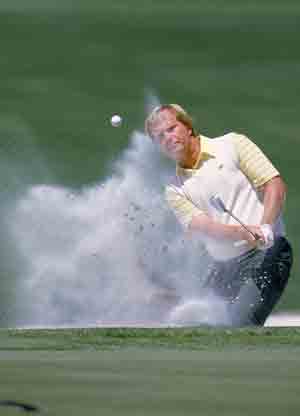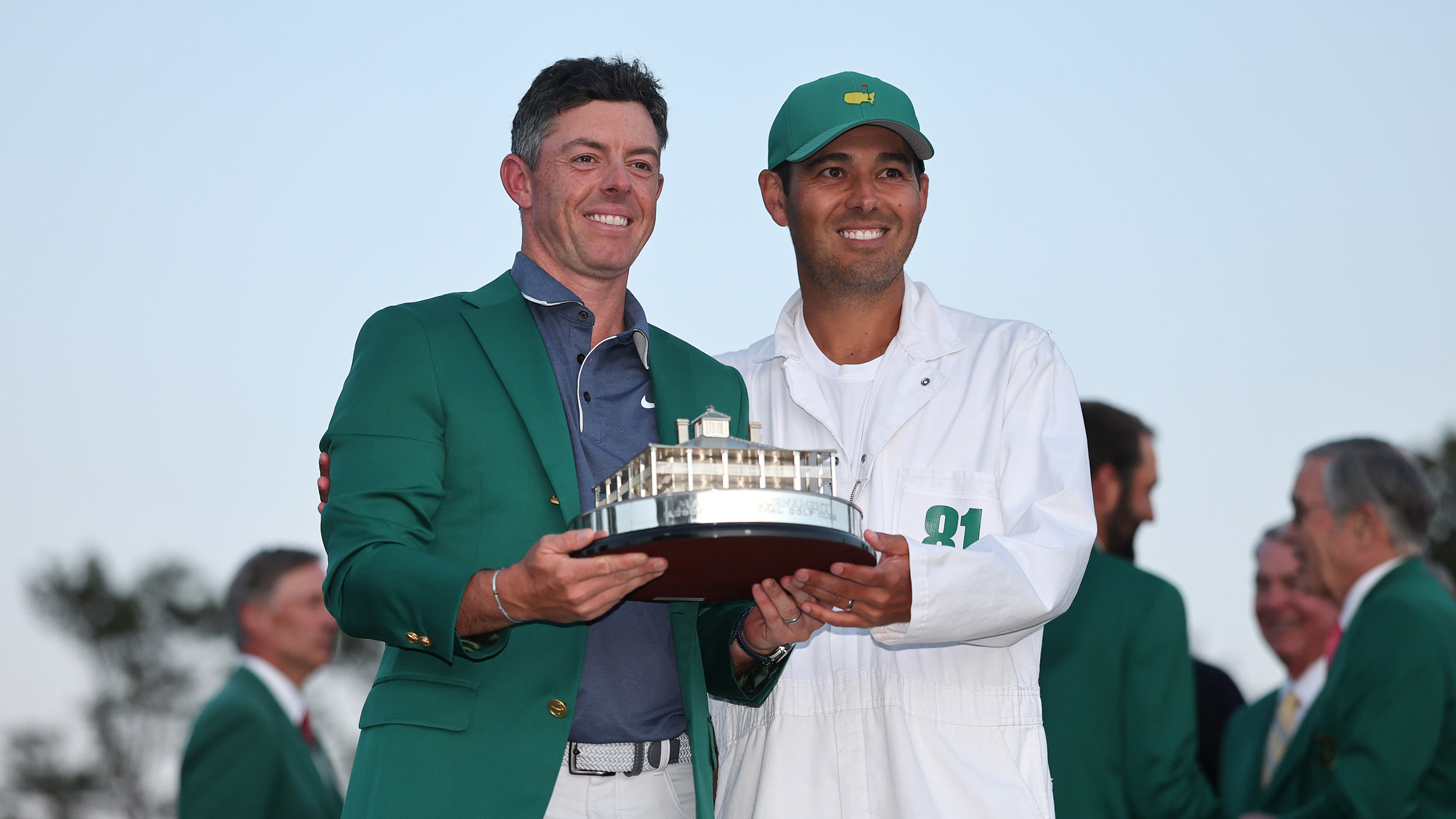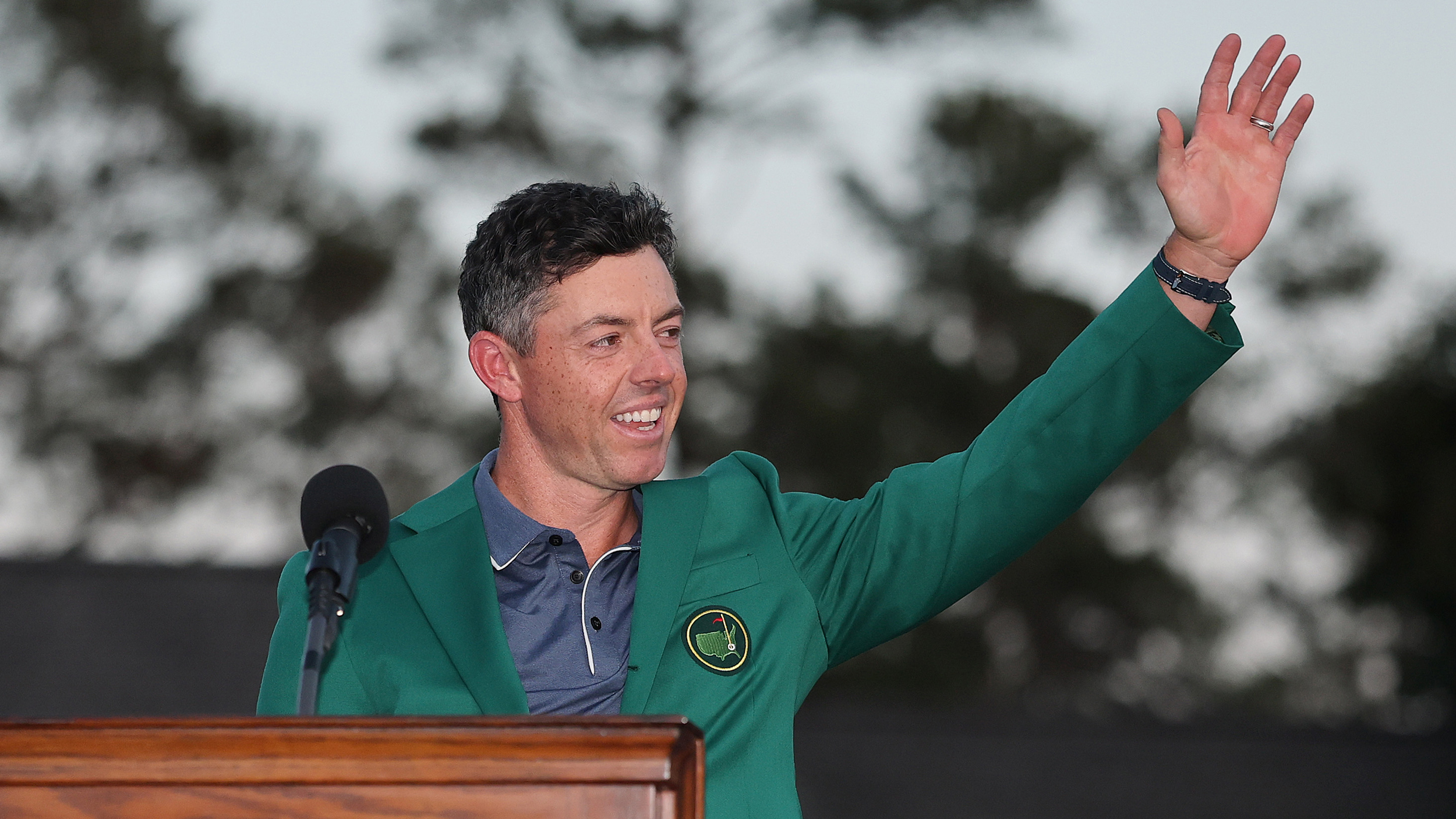Masters history
From Bobby Jones to Tiger Woods, the Masters has a rich and varied history built up over nearly three quarters of a century.

The Masters is unique in two ways, by virtue of it being the youngest Major by some distance and its invitation policy. It began in 1934, some 74 years after the first Open Championship, but immediately drew the attention of the world?s media due to its association with its founder, the great Bobby Jones.
In 1931 Jones and Clifford Roberts acquired a 365 acre nursery and built the Augusta National Golf Club, deciding three years later to stage an annual golf tournament to which the best players from all over the world would be invited. The famously modest Jones was initially unsure as to how successful the venture and his new course would be and refrained from referring to the event as the Masters ? choosing instead to name it the Augusta National Invitation Tournament. The event has retained its status as an invitation-only competition to this day, with the majority of the invitations now given automatically to the world?s top-ranked players.
The first tournament, staged in March 1934, was won by Horton Smith, but it was the second renewal in '35 that sparked worldwide interest for the first time. Gene Sarazen?s albatross at the 15th in the final round helped him to force a play-off, which he ultimately won comfortably from Craig Wood. His remarkable shot made headlines far and wide, and after only two years the tournament was already firmly on the map. By 1939 Jones bowed to pressure and agreed to change the name to the Masters Tournament.
In the years following the Second World War the event went from strength to strength and quickly became universally known as a Major title. The course became one of the most recognisable in the world and the iconic Green Jacket made its first appearance in 1949 when it was presented to that year?s champion, Sam Snead.
Golf entered a new era of worldwide television and sponsorship in the late 1950s ? coinciding with the rise of Arnold Palmer, who won the first of his four titles in 1958. Jack Nicklaus, a record six-time champion, became the first man to retain the Jacket with wins in 1965 and '66. Twenty years on he unforgettably won his sixth crown at the ripe old age of 46 amid unprecedented scenes of jubilation.
Other landmarks include South Africa?s Gary Player becoming the first overseas winner in 1961, Severiano Ballesteros? first win for Europe in '80 and Nick Faldo becoming England?s first winner in '89. Faldo went on to successfully defend the title in 1990, becoming only the second man after Nicklaus to achieve such a feat. The 1980s were golden years for European golf and this extended to the Masters, with players from the Continent winning six times.
The 1980s provided another seminal moment in Masters history when in '83 the club?s ban on tour caddies was lifted. Up until then only working Augusta National caddies were permitted to carry the players? bags. The policy changed but the famous white uniforms remain.
Get the Golf Monthly Newsletter
Subscribe to the Golf Monthly newsletter to stay up to date with all the latest tour news, equipment news, reviews, head-to-heads and buyer’s guides from our team of experienced experts.
Notorious final-day blunders have contributed to the tournament?s reputation as being the most pressurised in golf and they are as much a part of Masters folklore as the great champions themselves. In 1996, for example, Greg Norman led the field by six shots on the final day but ended up losing by five, while Scott Hoch missed a two-foot putt for the title in '89 during a play-off with Faldo. Masters history is littered with similar tales of heartbreak.
Another historic day came in 1997, when the 21-year-old Tiger Woods became the youngest ever winner and set the record for the biggest victory margin ? 12 shots. The world of golf moved into a new era at Augusta that day and it has never been the same since. Woods looks on course to beat Nicklaus? six titles, having won again in 2001, '02 and '05. Will 2007 provide yet another tournament to stir the sport and the senses? We wouldn?t bet against it?.
-
 'This One Is Just As Much His As It Is Mine' - Rory McIlroy Pays Emotional Tribute To 'Big Brother' Harry Diamond After Historic Masters Win
'This One Is Just As Much His As It Is Mine' - Rory McIlroy Pays Emotional Tribute To 'Big Brother' Harry Diamond After Historic Masters WinThe 2025 Masters champion couldn't hold back the tears when discussing the importance of his relationship with caddie Harry Diamond
By Elliott Heath Published
-
 Rory 2.0 Was Born At The 2025 Masters... McIlroy Is Now Free Of His 11-Year Major Burden
Rory 2.0 Was Born At The 2025 Masters... McIlroy Is Now Free Of His 11-Year Major BurdenThe Northern Irishman dug deeper than he ever had to get over the line and finally seal the missing green jacket to his career grand slam puzzle
By Elliott Heath Published